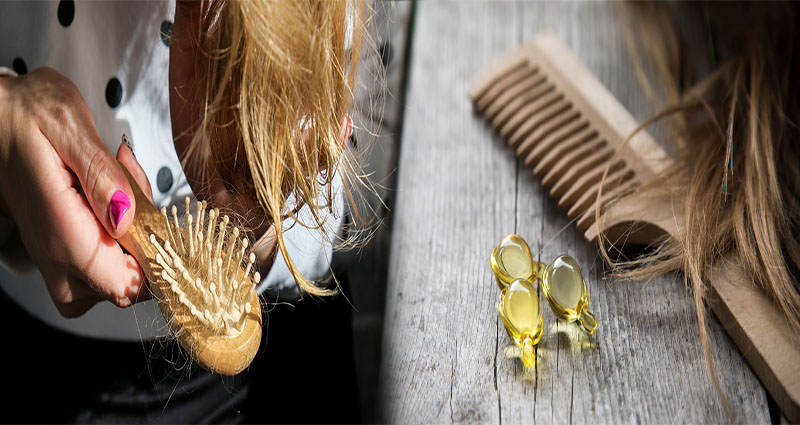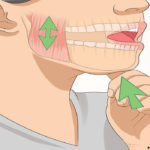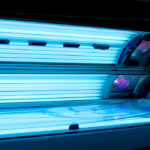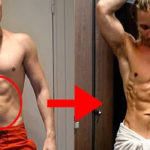Hair loss is a common concern for many adults, and while genetics and aging play a significant role, vitamin deficiencies can also contribute to this issue. In this article, we will explore the link between vitamin deficiencies and hair loss in adults, offering insights into the importance of key vitamins for maintaining healthy hair.
Vitamin D
Vitamin D is known for its role in bone health, but it also plays a crucial part in hair follicle cycling. Research has suggested that vitamin D deficiency may be linked to hair loss, as it can lead to disruptions in the hair growth cycle. To ensure adequate vitamin D levels, spending time in the sun and consuming vitamin D-rich foods, such as fatty fish and fortified dairy products, is essential.
Vitamin B7 (Biotin)
Biotin, also known as vitamin B7, is a key player in the maintenance of healthy hair, skin, and nails. A lack of biotin has been associated with hair thinning and loss. Incorporating biotin-rich foods like eggs, nuts, and whole grains into the diet, or using biotin supplements, may help combat hair loss related to biotin deficiency.
Vitamin A
While vitamin A is vital for various bodily functions, excessive or insufficient levels of this vitamin can disrupt the hair growth cycle, leading to noticeable hair loss. Maintaining a balanced intake of vitamin A through the consumption of sources such as sweet potatoes, carrots, and leafy greens is crucial in preventing hair loss related to this vitamin deficiency.
Vitamin E
Vitamin E is an antioxidant that can support healthy hair growth by promoting blood circulation and reducing oxidative stress on the scalp. Deficiency in vitamin E may contribute to poor hair health and slow growth. Including foods like almonds, spinach, and sunflower seeds in the diet can help maintain adequate levels of vitamin E and support overall hair health.
Vitamin deficiencies can indeed be linked to hair loss in adults. Ensuring adequate intake of vitamins D, B7 (biotin), A, and E through a balanced diet and, if necessary, supplementation is crucial in maintaining healthy hair. However, it is important to consult with a healthcare professional before initiating any new supplements, as excessive intake of certain vitamins can also have adverse effects. By addressing potential vitamin deficiencies, individuals can take proactive steps to support their hair health and minimize the risk of hair loss.
In closing, prioritizing a diverse and nutrient-rich diet, as well as seeking appropriate medical guidance when addressing hair loss concerns, can lead to positive outcomes in managing this common issue.










